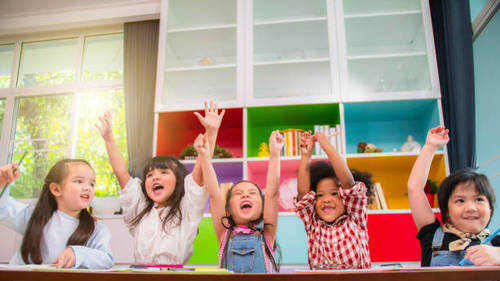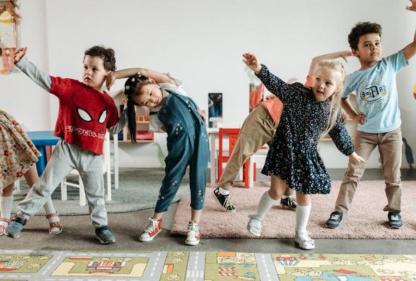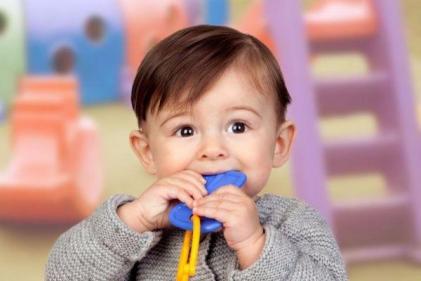As your toddler approaches her third birthday, you may be considering preschool. But, how do you know if your child is ready? According to her age, she is, but is she really ready to participate us such a structured environment? Is she socially, emotionally, physically, and cognitively ready? And, how can you tell?
Your Child’s Development
It’s tempting for many parents to rush their child into preschool. After all, they seem so smart! But it’s more involved than that. You must consider many things. Answer the following questions to help you determine if your little one is ready for preschool.
Is your child potty trained?
Many preschools require a child to be fully potty trained, but there are some preschools that allow partial potty trained children to attend. In this case, it’s best if your child attends half-day classes.
How independent is your child?
When a child enters preschool, besides using the potty, they must have a certain level of independence. A preschool will want your child to be able to wash her hands on her own, eat her meal without assistance, and be able to take a nap alone.
Is your child used to being away from you?
Most children that have had day care outside the home should not have too much of a problem being away from the parent for several hours. If your toddler has not been away from you much, you might want to practice by taking a small holiday and leaving her with a relative or start leaving her in a day care for a couple of hours at a time. If you don’t have the time or resources to prepare your child in such a manner, ask the preschool if you can slowly introduce your child to the environment. Each day, make the stay a bit longer.
Does your child work independently?
When your child sits down to colour a picture, does she ask for your help or does she have the ability to focus on the task without assistance? A preschool will want a child to be able to work on art or craft projects with some independence.
Can your child take part in group activities?
Group activities require your child to listen, sit still, share, and join in. This can be a difficult concept for many children under the age of 3. A good way to practice this kind of activity is to take your toddler to the library for story-time or sign them up for a child’s class like dancing or football.
Is your child on a regular schedule?
Routines are good for children and preschools follow a strict routine each day. If your toddler is not currently on a regular schedule, you may want to start standardising her daily activities now to prepare her for preschool.
Is your toddler physically ready for preschool?
There’s no doubt that preschool will keep your child busy. If your child can make it through a physically busy day without getting too cranky, she’s probably ready. If she still needs a mid-morning nap you might want to consider a half-day schedule for now.
Also this month, you may notice your toddler becoming increasingly more aware of time. While he can’t read a clock yet he will possess a basic sense of time. He will know that yesterday is in the past and tomorrow is in the future. The way your child measures time is largely based around his routine, he knows that he will be going for a nap after lunch. You may want to begin making references to time in your conversations ‘We’ll be leaving now in five minutes.’ This will help him develop a better understanding of time.
Also, around this time you might begin to notice that your active toddler seems to be getting dirtier than ever. Your curious child is probably too busy exploring to have any regard for personal hygiene. You should try to get him into the habit of proper hand-washing. Make a habit of doing so after every meal.









